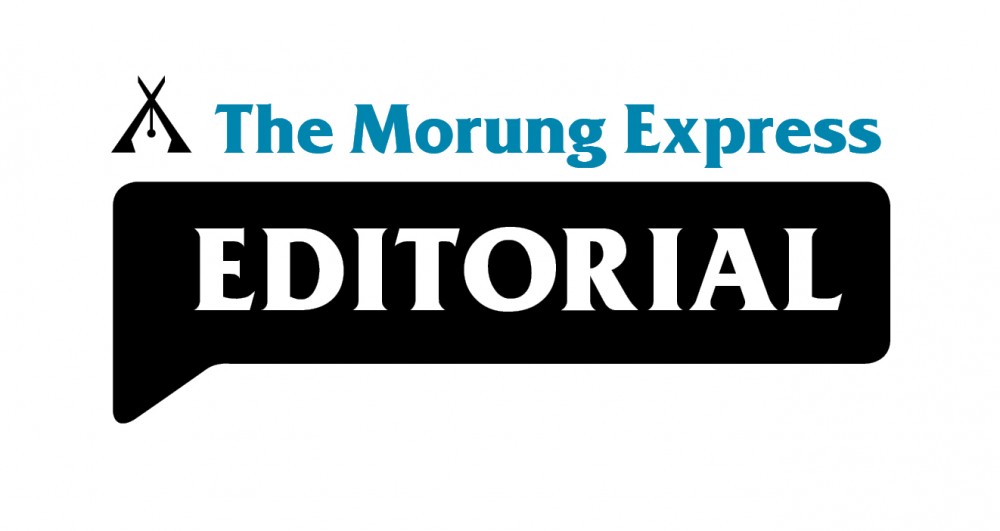
Akangjungla
Amid the COVID-19 pandemic, the whole world is dealing with a greater threat – fighting misinformation, rumours and conspiracies around the pandemic. The challenge of responding to the pandemic was already enormous and overwhelming; regrettably, the significant scale of inaccurate information related to the virus - its origin, treatment, and vaccination, is posing immense concerns.
‘Fighting the spread of COVID-19 misinformation’ has become the new need of the hour.
From bizarre false health advise that people can beat COVID-19 by drinking cow urine and applying cow dung or drinking bleach, to conspiracy theories linking Coronavirus to 5G mobile technologies and how vaccines can alter a person’s DNA or make them lose their “salvation”, claims like “faith” and “genetics” will protect people from the virus are spreading widely and at speed through social media, text messages and mass media.
The unsubstantiated speculations have not spared the global powers like the US, Russia, China and others as they engage in a series of accusations.
The diffusion of misinformation has resulted in negative real-world outcomes. The seeds of doubt are very visible among population in Nagaland as The Morung Express reported on its June 13 issue that labelling COVID-19 vaccine as “mark of the beast” is deterring people from getting inoculated for fear of losing one’s salvation. People who trust such beliefs are significantly less willing to be vaccinated.
Getting vaccinated is a personal choice. Nonetheless, as the General Secretary of the Nagaland Baptist Church Council, Rev Zelhou Keyho observes, “if medical science has a way or have found a way to take us out of the crisis we must have faith that it will do us good. Opposing every set of plan and programme should not become our Christian culture.”
Whether religion is playing a constructive or detrimental role in the pandemic will be an ongoing discourse.
However, the effects of misinformation on public health obviously have adverse consequences and therefore, at the global as well as local level, efforts are being made to find solutions and combat misinformation. A research suggests that in the first 3 months of 2020, nearly 6000 people around the globe were hospitalized and at least 800 people may have died due to misinformation related to COVID-19.
As misinformation continues to complicate the battles against the pandemic, it calls for a conscious individual response with the will to resist unverified information and to have confidence in advice from trusted sources. Positive participation in health campaigns from experts can give some hope to save lives. The plague is too perilous to be fought from divided fronts.
Comments can be sent to akangjungla@gmail.com






